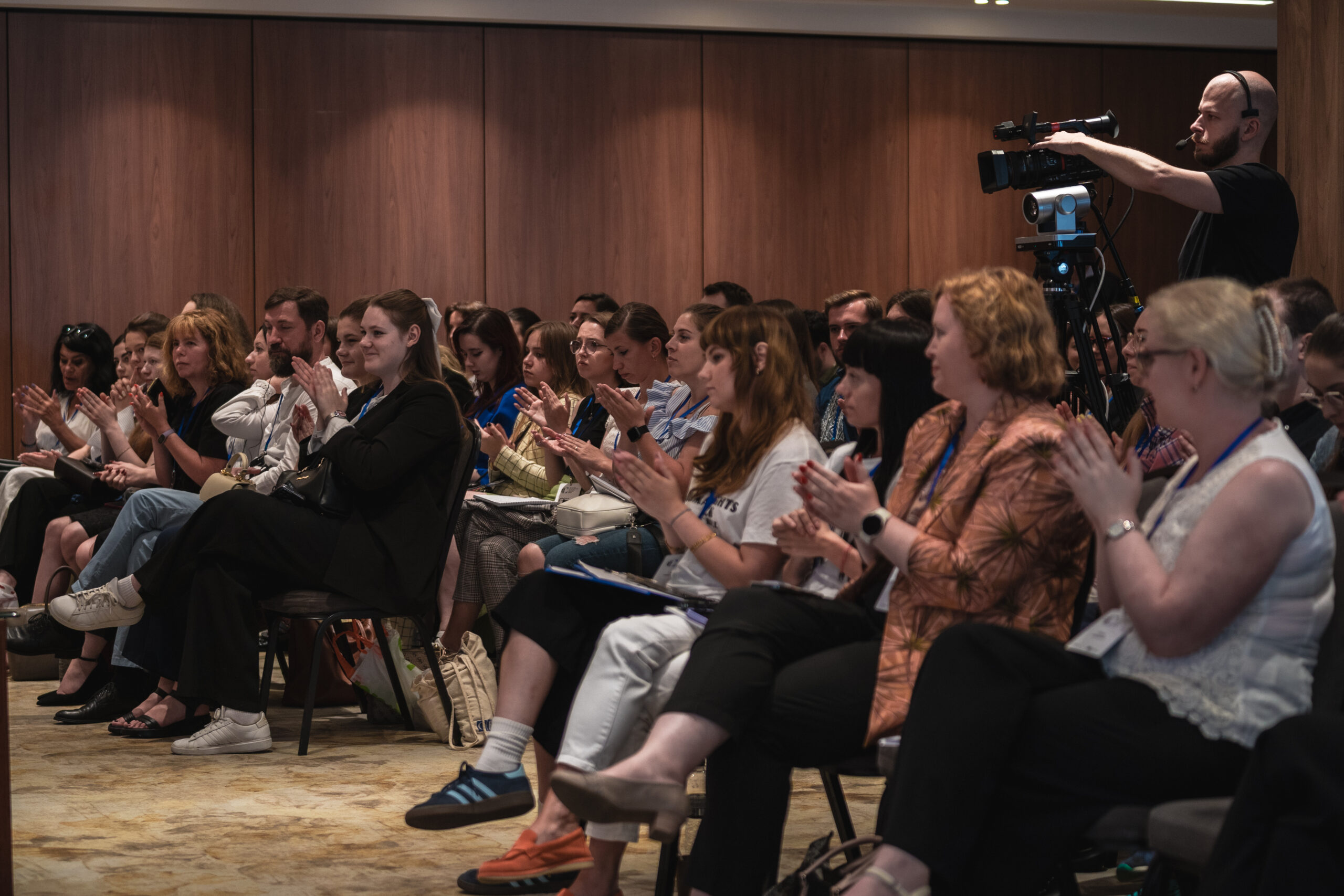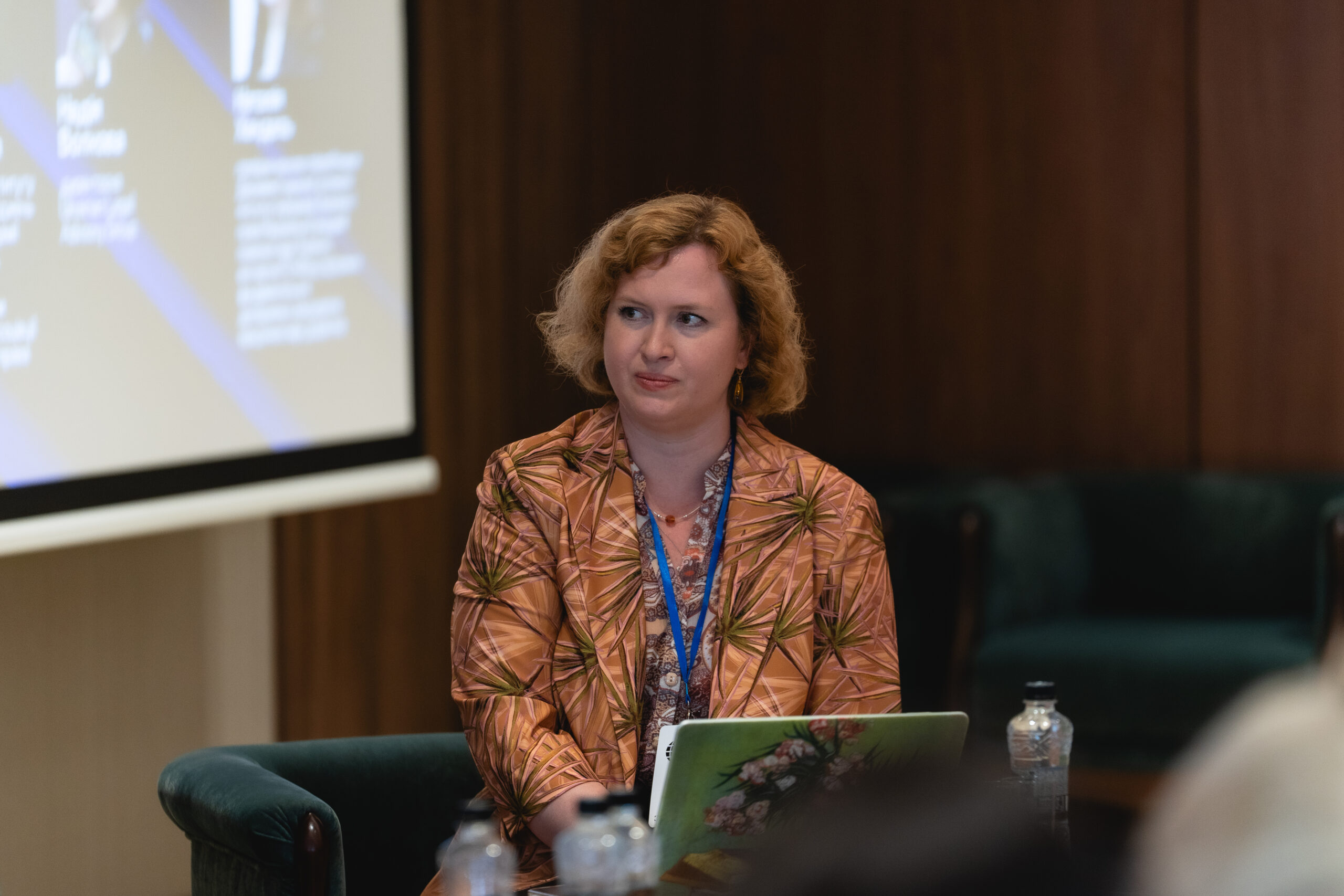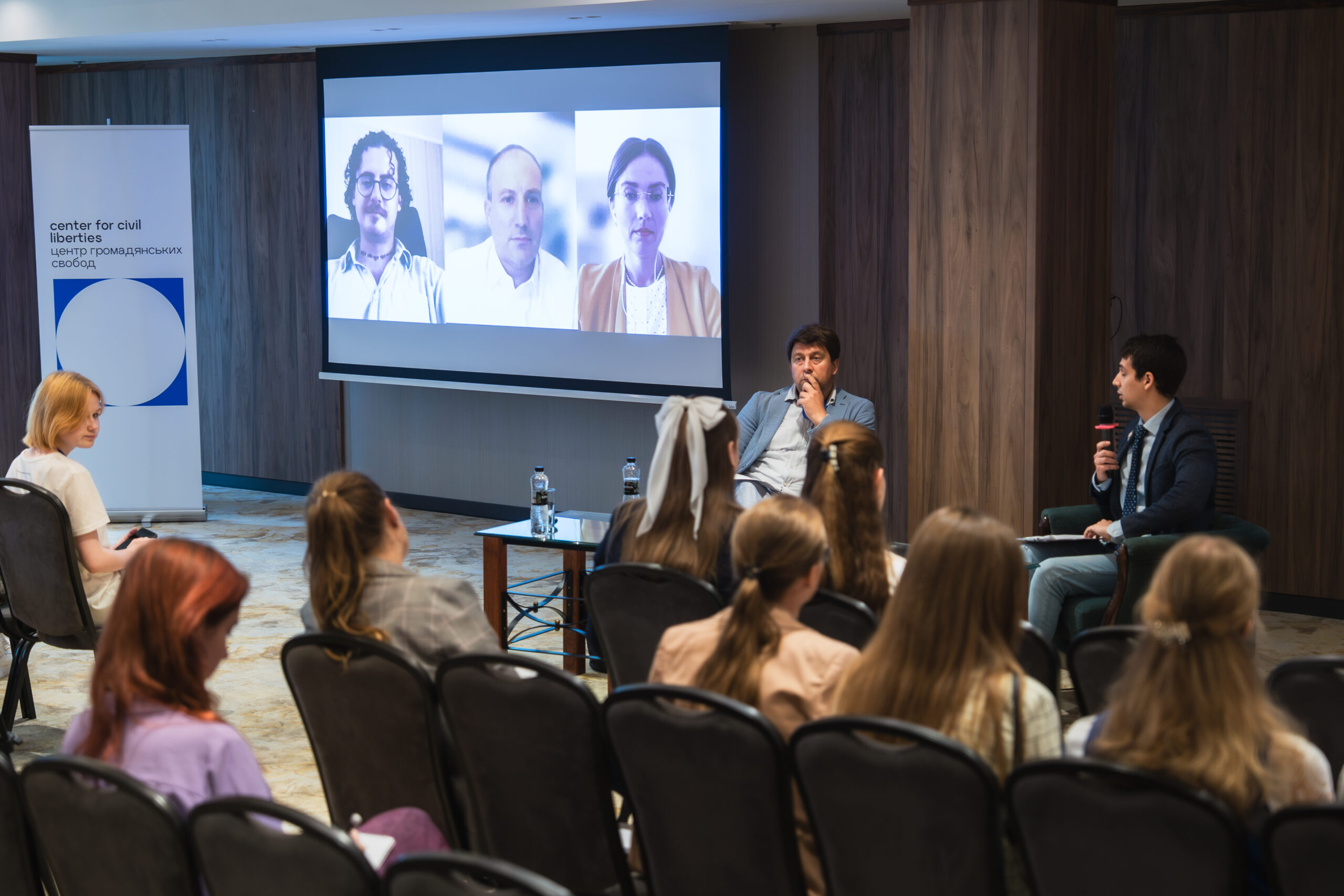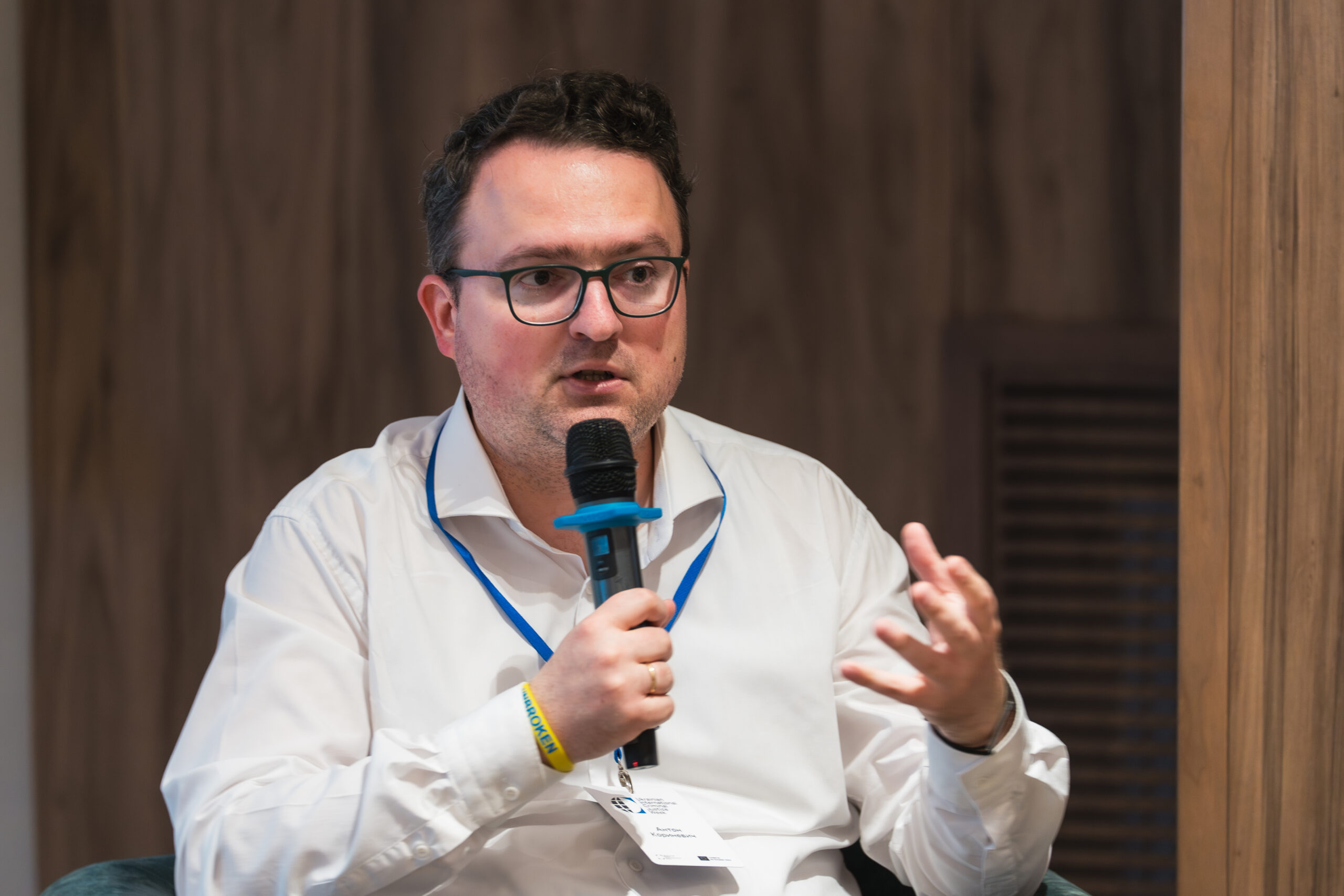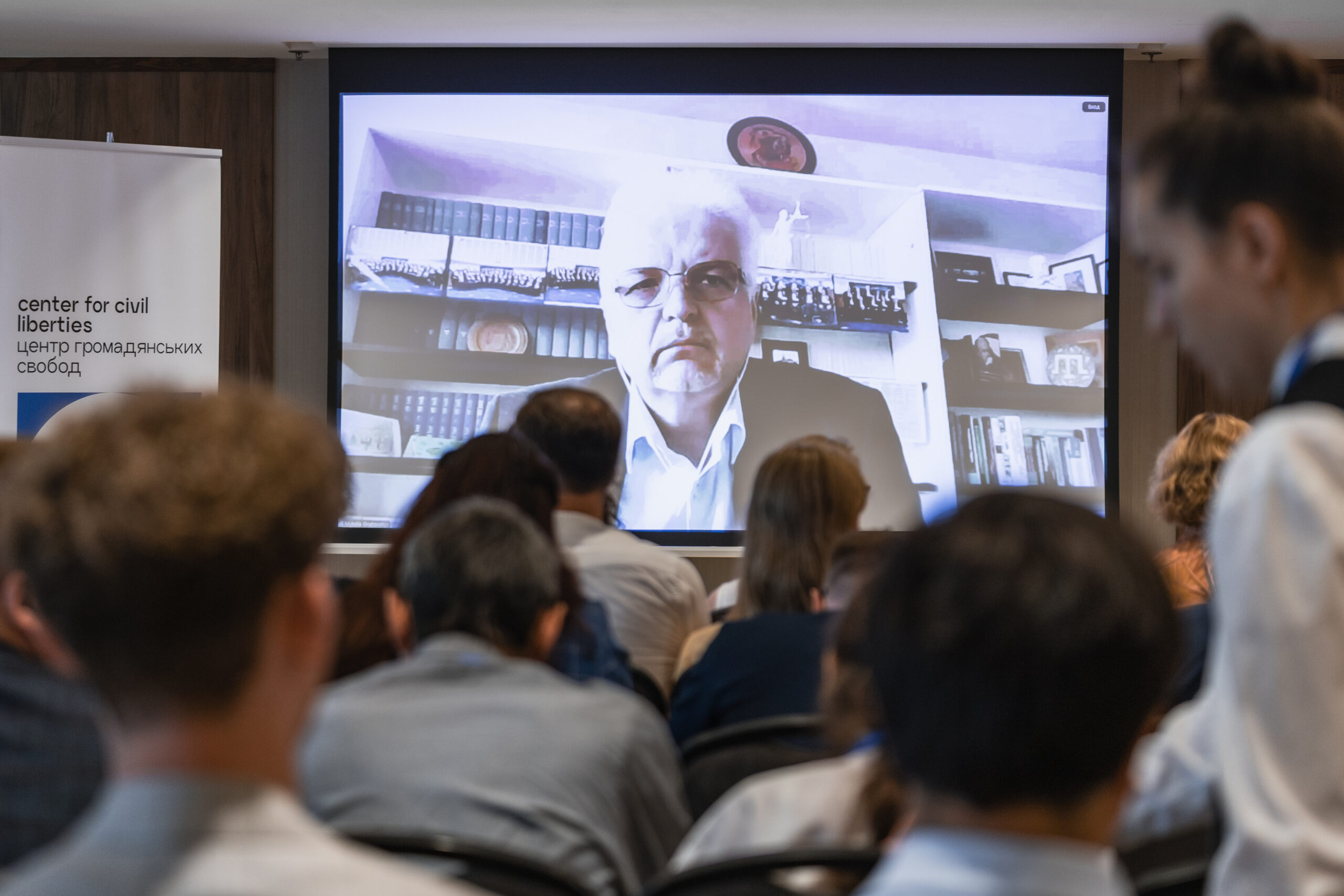The conference ‘Justice 2030: Scenarios for Ukraine’ took place on 17-18 July as part of Ukrainian International Criminal Justice Week, a series of events that brings together lawyers, international experts, representatives of civil society organisations and state institutions. The topic of the first panel was the consequences of a potential peaceful settlement of the Russian-Ukrainian war for the criminal prosecution and punishment of international crimes. We share the main ideas of the experts.
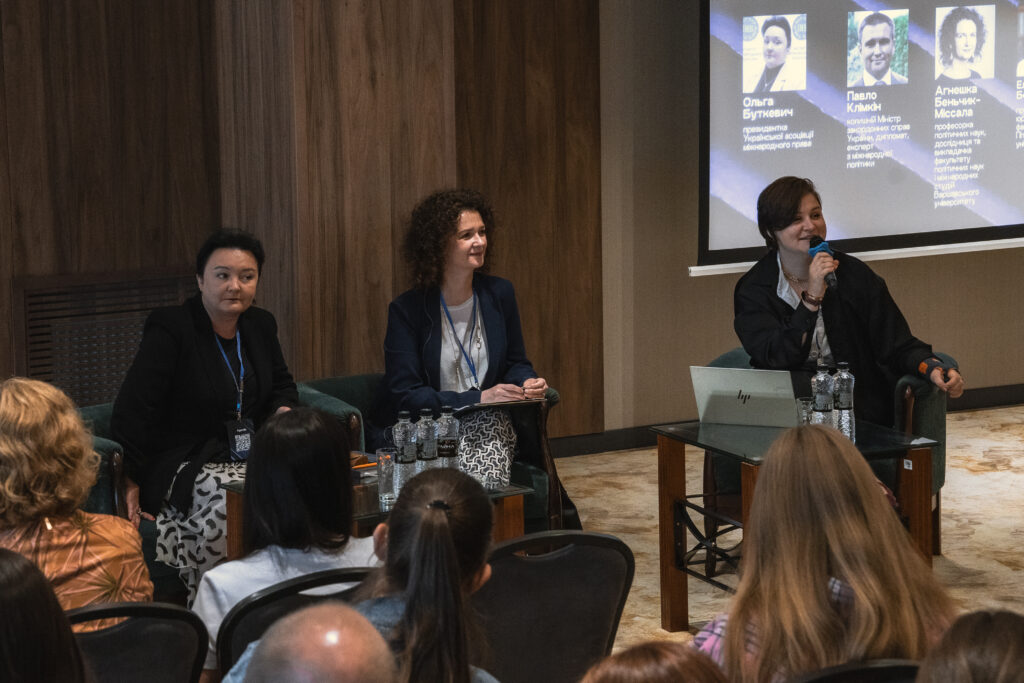
Russian military forces have committed thousands of war crimes on Ukrainian territory. A peaceful settlement of the Russian-Ukrainian war could pose a challenge to ensuring that these crimes are properly investigated and those responsible are brought to justice. Russia has a flexible approach to international law and may demand numerous concessions in its favour, including amnesty for war criminals. Therefore, the desire to end the war at the negotiating table must be balanced with the need to restore justice for the victims and ensure that those guilty of international crimes are punished. Possible solutions to this problem were sought by the participants of the first panel: Olha Butkevych, President of the Ukrainian Association of International Law; Pavlo Klimkin, former Minister of Foreign Affairs of Ukraine, diplomat and expert on international politics; Agnieszka Bieńczyk-Missala, Professor of Political Science, researcher and lecturer at the Faculty of Political Science and International Studies at the University of Warsaw; and Elena Beilis, Professor at the University of Pittsburgh School of Law. The discussion was moderated by Oleksandra Romantsova, Executive Director of the Center for Civil Liberties.
Is it possible to reach peaceful agreements and enforce international justice at the same time?
In addition to Ukraine and Russia, a number of other players are involved in the process of peaceful settlement of the Russian-Ukrainian war: the United States, Turkey, and the European Union. It is important to balance Ukraine’s needs for establishing a just peace and ensuring justice for war criminals with the interests of other participants in the negotiations.
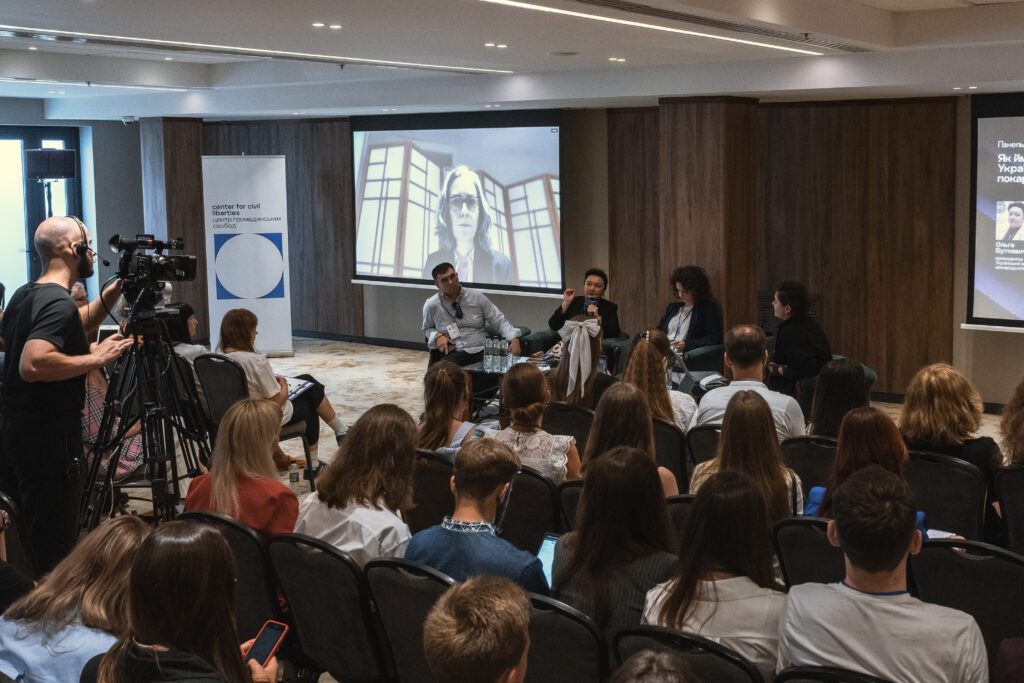
Elena Beilis, a professor at the University of Pittsburgh School of Law, believes that justice can be achieved in many ways, regardless of whether the investigation of war crimes is a separate item in a peace agreement or not. The expert does not consider the Russian Federation’s potential demands for amnesty for war criminals to be a threat to the restoration of justice. For example, the amnesty demanded of Ukraine by the Minsk agreements does not apply to war crimes and crimes against humanity. In addition, granting amnesty at the national level leaves room for convictions in other countries, involving international courts and human rights organisations. Even if the peace agreement does not provide for the criminal prosecution of war crimes, other mechanisms for restoring justice can be applied: creating an international commission to review applications, a justice and reconciliation commission, demanding reparations, etc.
Як результат мирних перемовин How might the outcome of the peace talks affect Ukraine’s relations with the ICC?
Olha Butkevych, President of the Ukrainian Association of International Law, considers Ukraine’s rhetoric on a peaceful settlement of the war to be dangerous and stresses the need to strictly adhere to international obligations regarding the criminal prosecution of war crimes committed by the Russian Federation.
“In fact, the only formula for peace for Ukraine is the 3 “B” formula — restoring control over the occupied territories within internationally recognised borders, compensation for damages from Russia’s aggressive war against Ukraine since 2014, and accountability,” the expert noted.
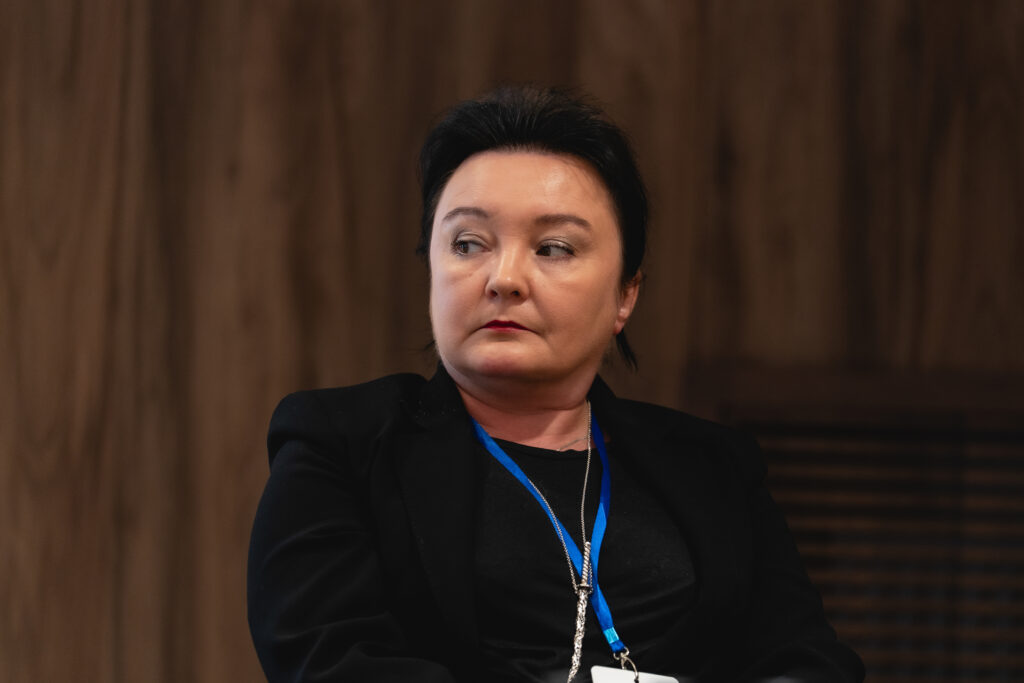
Olha Butkevych warns that granting amnesty to those guilty of crimes of aggression and other international crimes is a direct violation of Ukraine’s international legal obligations under the Geneva Conventions, the Nuremberg Principles, which have already acquired the status of customary law, and the ICC Statute. Ukraine has already committed a similar violation when, as part of a prisoner exchange in 2019, it handed over to Russia Vladimir Tsemakh, who is suspected of shooting down Boeing MH-17. Such decisions in the context of resolving the Russian-Ukrainian war could have serious legal and political consequences for Ukraine, including the loss of international support.
On the other hand, the speaker noted that representatives of the Russian Federation’s military and political leadership who are guilty of war crimes and crimes against humanity are subject to mandatory punishment. However, Russian military personnel who did not commit war crimes in Ukraine will not be considered guilty of the crime of aggression and will be eligible for amnesty for other offences.
Challenges for international criminal prosecution of Russian war crimes
Article 16 of the Rome Statute allows for the suspension of international investigations into crimes in the event of amnesty being granted by Ukraine and could become a means of political pressure on the ICC during peace negotiations. Professor of Political Science Agnieszka Bieńczyk-Missala called this scenario realistic, but noted that its implementation largely depends on the nature of the agreements between Ukraine and Russia. For example, the Dayton Accords, which ended the Bosnian War in 1995, did not contain provisions on the criminal prosecution of war criminals, but did not interfere with the ICC’s activities in the format of a temporary tribunal. The experience of Sudan, on the contrary, shows that a state can itself suspend the investigation of crimes at the ICC level.
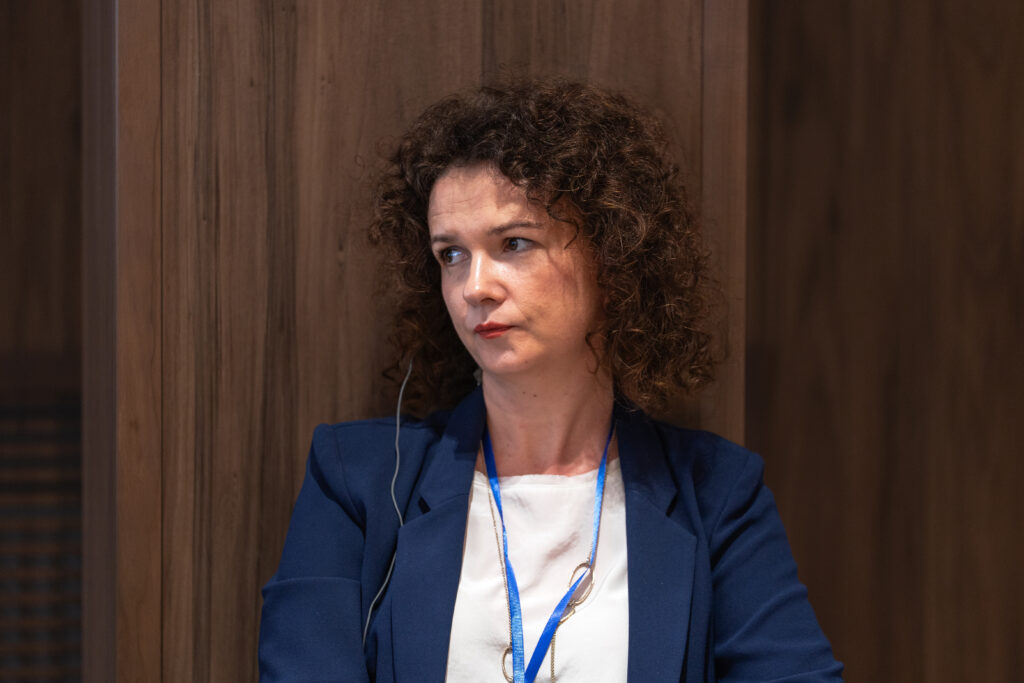
The problem of fragmentation in approaches to the interpretation and application of international law was also highlighted by former Ukrainian Foreign Minister Pavlo Klimkin. In his opinion, international legal regimes and judicial mechanisms, such as the ICC or the UN International Court of Justice, are gradually losing their influence due to the emergence of players who seek to use them for their own interests.
“This kills existing legal regimes. This does not mean that they are disappearing, but they are being suffocated. This means that they are becoming less capable of responding to the principles on which they were created. I do not see any political mechanisms today that could force key legal regimes to work without a fundamental review,” the speaker noted.
Pavlo Klimkin is cautious about the possible emergence of alternative international legal agreements and believes that this process will require the aspirations of different parties to be translated into a common legal language. For example, the desire of the United States, which is actively involved in the process of restoring peace in Ukraine, to at least partially normalise relations with the Russian Federation cannot be reconciled with the realisation of Ukraine’s interests without new agreements on the interpretation of a number of legal concepts. Therefore, both activities within the current legal system and attempts to change it will require stepping out of the comfort zone and a realistic assessment of the circumstances, goals and consequences of the peace talks. At the same time, it should be remembered that Ukraine is not obliged to comply with any agreements concluded under coercion from the Russian Federation.
What might potential peace agreements between Ukraine and Russia look like?
Professor Elena Beilis shared Cambridge University’s findings on possible scenarios for resolving Russia’s war against Ukraine. The most realistic of these, in her view, is to ensure criminal prosecution for some crimes and suspend investigations into others. For example, such an agreement could grant Ukraine the right to administer justice through its national law enforcement agencies and to continue proceedings already opened at the international level, but prohibit in absentia convictions and the creation of additional legal mechanisms. This option allows for the prosecution of war crimes and crimes against humanity under the principle of universal jurisdiction and does not mean, despite temporary restrictions on the administration of justice, its final cessation in the future.
“No peace agreement as such can completely block the possibility of criminal prosecution in other ways, especially by parties that are not signatories to the peace agreement,” the expert emphasises.
Agnieszka Bieńczyk-Missala, a lecturer at the University of Warsaw, focused on Poland’s contribution to the settlement of the Russian-Ukrainian war and noted that the country has consistently supported the activities of the ICC, the International Court of Justice and other international mechanisms. The expert believes in the need for joint efforts by Ukraine and the international community to ensure justice, and also notes: “The most important thing is not to define the concept of justice for Ukraine and the victims of Russian crimes, but to continue developing Ukrainian and international mechanisms to punish those responsible.”
At the same time, Agnieszka Bieńczyk-Missala emphasises that Ukraine must be prepared for compromise scenarios, such as reducing prison terms for war criminals, following the example of Colombia. Despite possible concessions, establishing justice is an essential component of resolving the Russian-Ukrainian war.Olha Butkevych expressed a less optimistic view of potential peace agreements, noting that they would be neither quick nor comprehensive. She recalled that there has never been a conflict in history after which all war criminals were brought to justice, but called on Ukraine not to cease its efforts to gather evidence and to use all available national and international courts to prosecute war criminals. Olga Butkevych also noted the efforts of EU countries — Germany, Finland, the Netherlands and others — to bring criminals to justice under the principle of universal jurisdiction. The expert stressed that the crime of aggression must not go unpunished, otherwise “it will set a disastrous precedent for international law and the international security system.” To prevent this, Ukraine must use all available instruments, but strictly adhere to the principles of international criminal law.
Priorities of international criminal justice in the context of resolving the Russian-Ukrainian war
Pavlo Klimkin outlined three main priorities for Ukraine in the criminal prosecution of crimes committed by the Russian Federation. First, it is necessary to carefully document all war crimes and use legal logic rather than emotions or political considerations in their classification. This will simplify the process of bringing the perpetrators to justice and avoid political pressure from the Russian Federation and other players. Second, it is important to use the language of international law and universal human values in any negotiations with Russia, because ‘translating’ the aggressor country’s demands into legal language can render most of them absurd and give Ukraine greater freedom of action even under coercion. Finally, it is worth continuing communication with representatives of legal systems other than the Western one and trying to involve them in the settlement of the Russian-Ukrainian war. The experience of interpreting and applying international law in post-conflict conditions can be useful, for example, in African countries, changing their approach to international criminal justice.
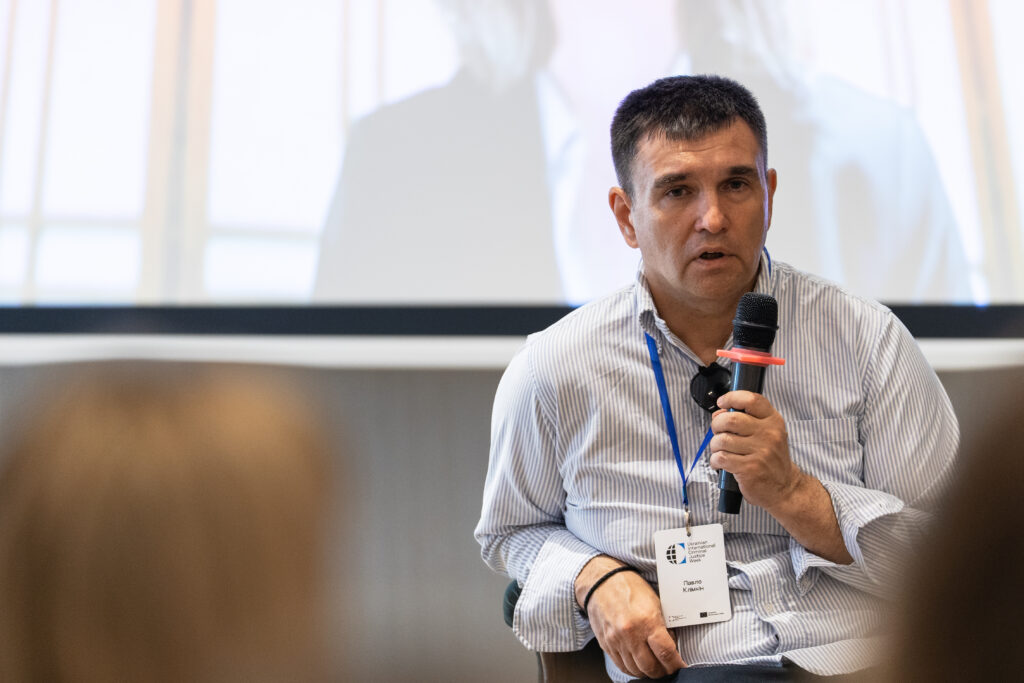
Elena Beilis noted that involving a wide range of international judicial institutions and non-governmental human rights organisations would help overcome geographical, financial and other obstacles to the prosecution and punishment of war criminals. This will allow for the use of alternative mechanisms of punishment: demanding reparations, imposing economic or diplomatic sanctions on the aggressor country, etc.
Agnieszka Bieńczyk-Missala believes that it is necessary to prevent Russia from using international law to carry out its hostile intentions. To this end, it is necessary, in particular, to create an international institution to monitor the situation in the temporarily occupied territories of Ukraine and to impartially document the crimes of the Russian Federation against the local population. It is also important to maintain the interest and awareness of international partners in the course and settlement of the Russian-Ukrainian war, which civil society organisations can actively contribute to.
Olha Butkevych concluded by advising that attention be paid to improving the practice of investigating and prosecuting international crimes, noting that the Russian-Ukrainian war, like previous armed conflicts, could contribute to significant progress in the formation, development and implementation of international law.
The author of the summary: Oleksandra Helemendyk, a volunteer at the Center for Civil Liberties.

